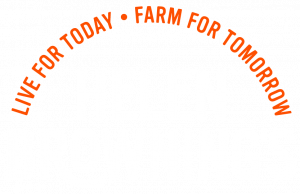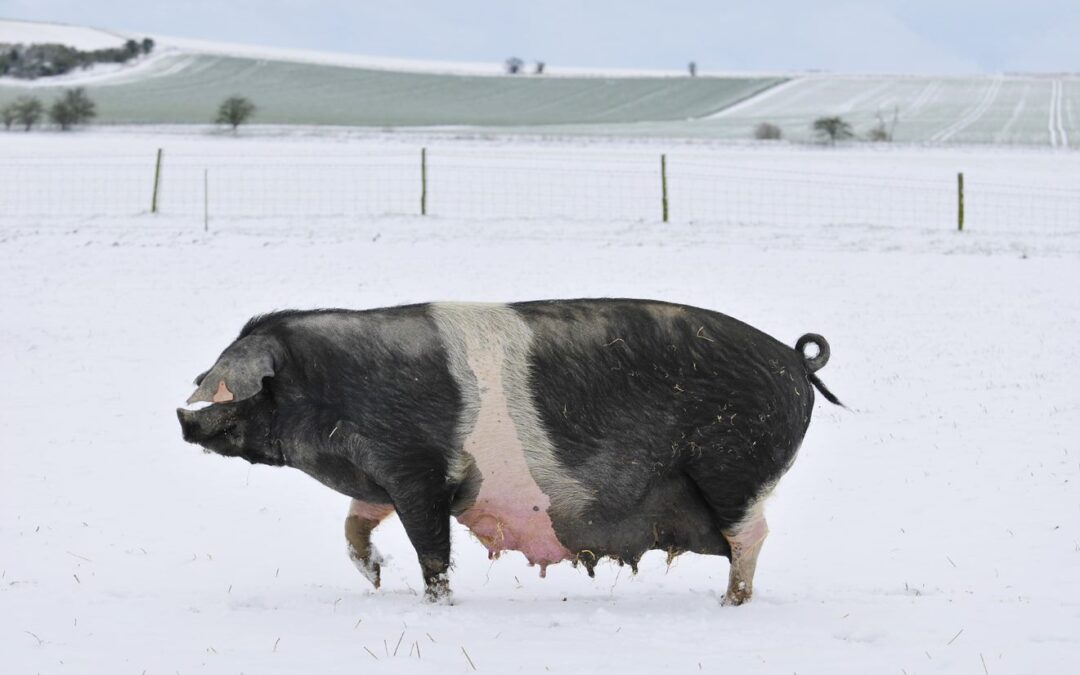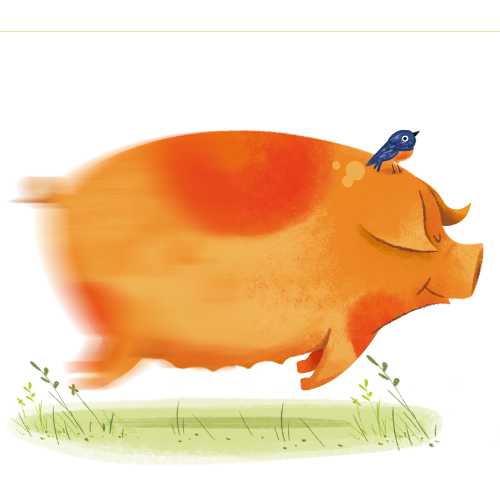Organic farmers aim to produce the highest quality food, using methods that benefit our whole food system. Organic standards ensure that farms sustain the health of soils, ecosystems, animals and people. These standards are built on the key principles of organic agriculture. These are health, ecology, care and fairness.
Under organic standards, weed killers are banned. As a last resort, farmers are allowed to use a very limited number of naturally-derived pesticides. Instead of relying on pesticides, organic farmers aim to create a natural balance between plants and animals in order to prevent pests. Healthy wildlife populations can help control pests. Farmers encourage birds, beetles and other insects on to their farms to eat pests like aphids, slugs and caterpillars. This can be achieved by planting trees, wildflower margins and digging ponds around their fields. Crop rotations and careful choice of cropping is another way of lowering the risk of plant disease. Weeds are managed by either mechanical weeding or natural weed suppressants.
Organic farming means the highest animal welfare standards in the UK. These standards cover every aspect, from living conditions and feed, to their transportation and humane slaughter. Antibiotics are used as a last resort, only when the animal is sick and it is necessary to use them. This is because animals are farmed in hygienic environments, fed the correct diet and raised in spacious conditions.
Read more about the organic from at the Soil Association or Go Organic. Enjoying reading our Organic September blogs? Read about what we are doing at Eastbrook throughout the month of September Here.


